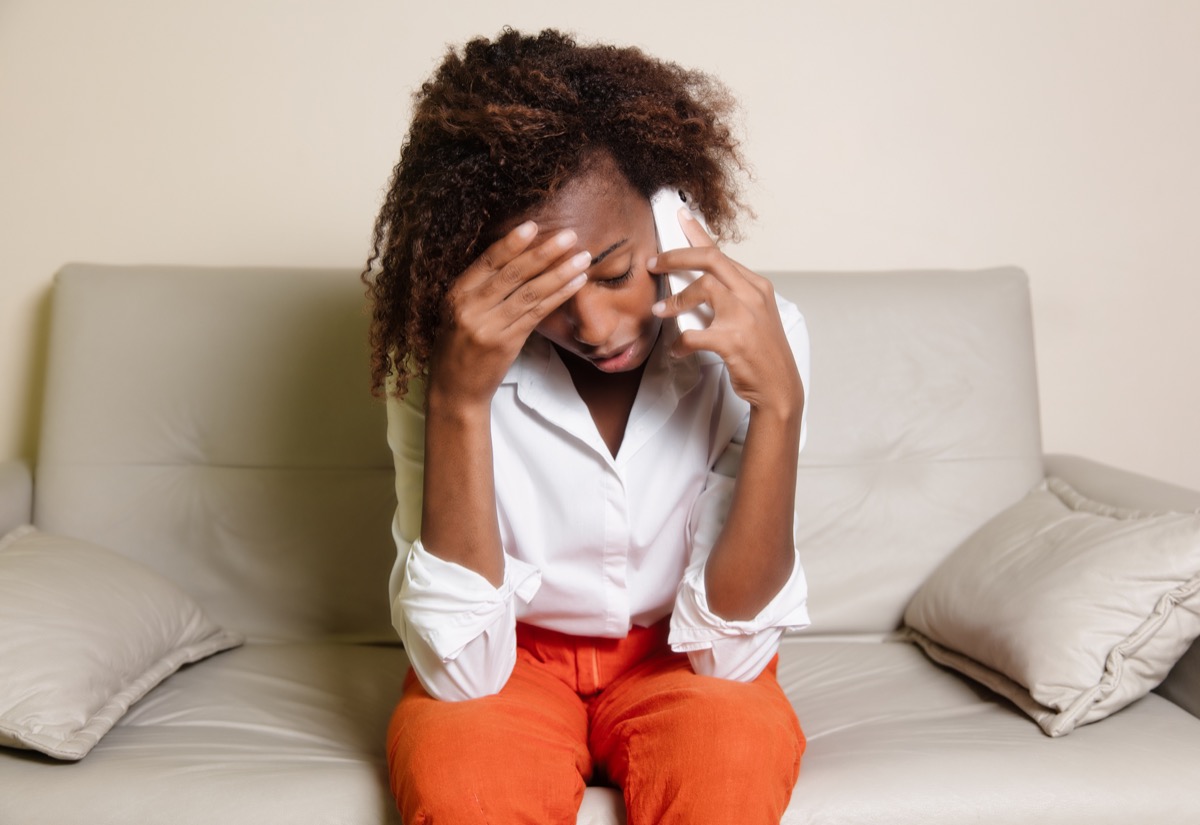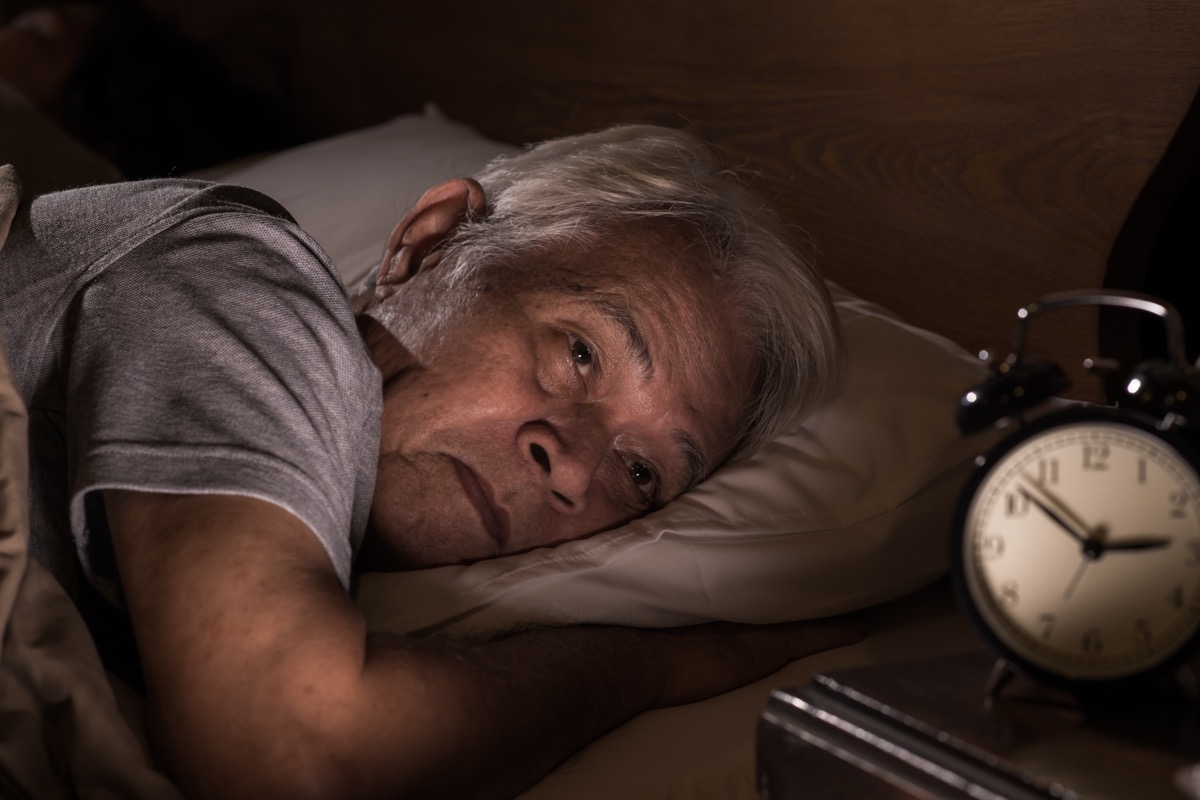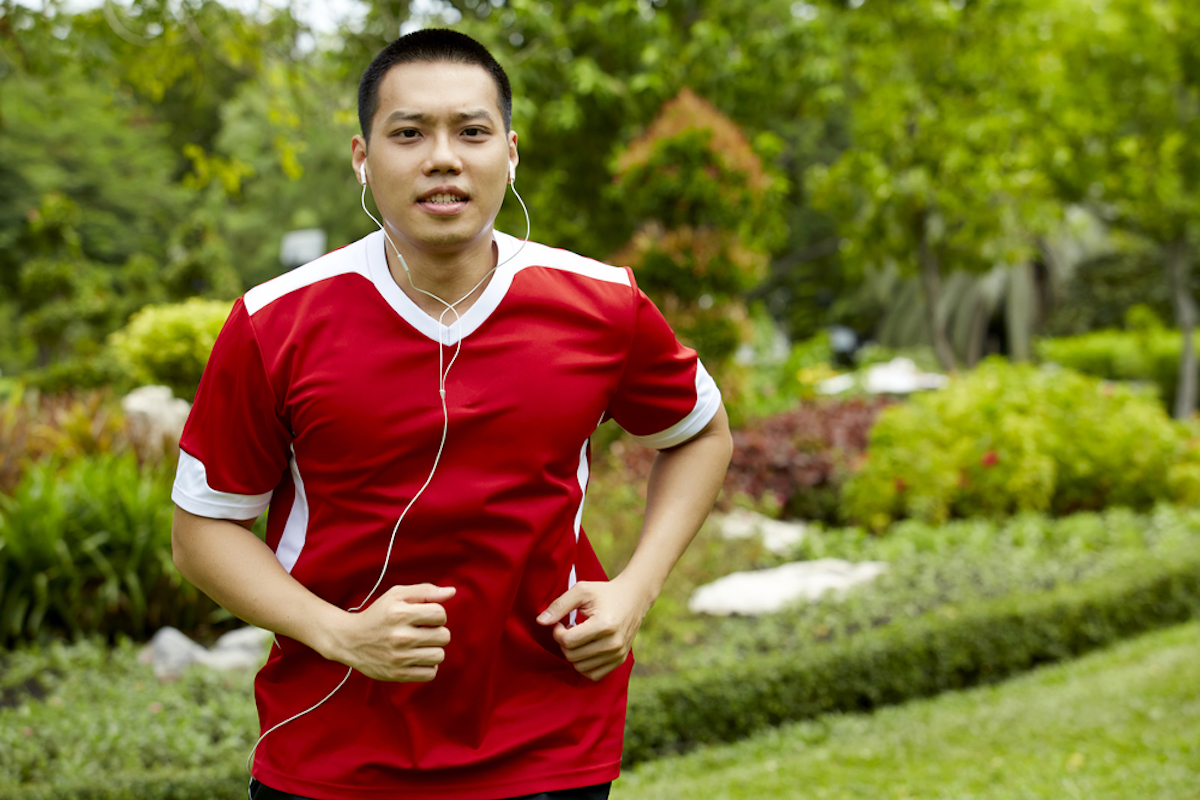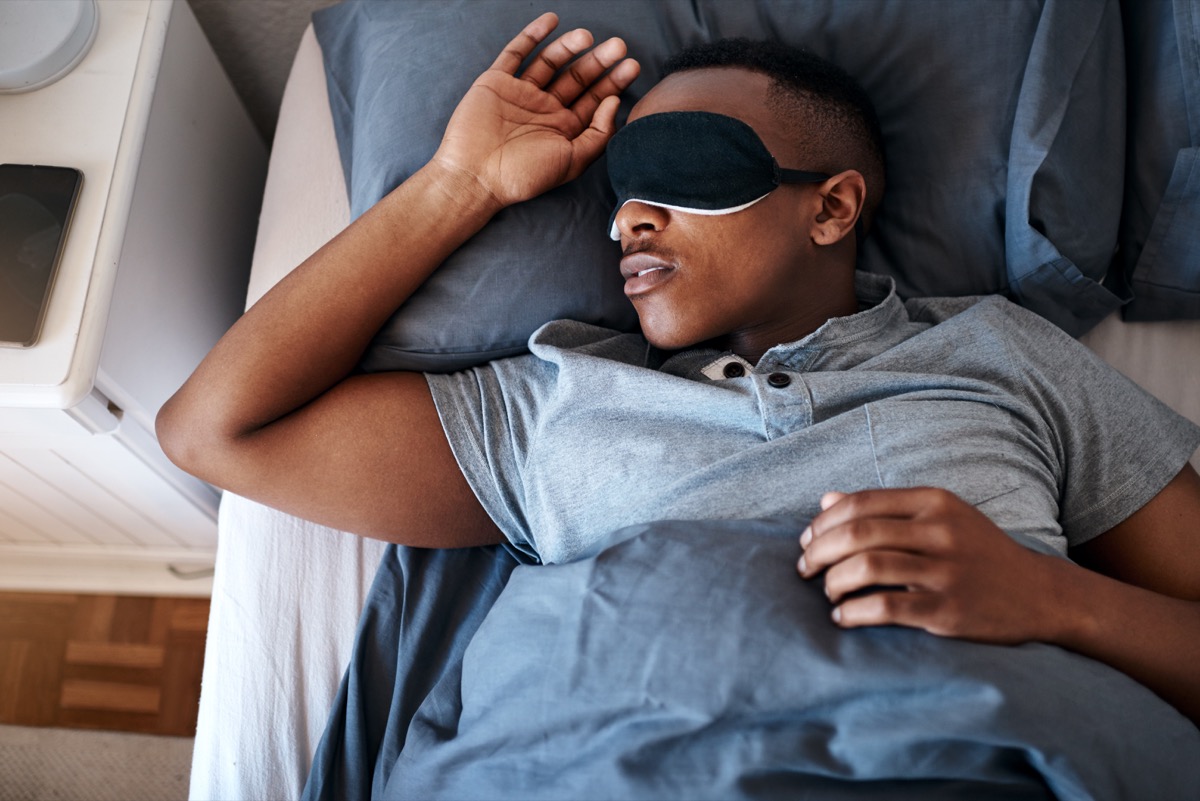In a new interview with ABC News, Simone Wildes, MD, a member of Massachusetts’ COVID-19 Vaccine Advisory Group and an infectious an infectious disease specialist at South Shore Medical Center, says that both ibuprofen, the effective ingredient in medications like Advil and Motrin, and acetaminophen, found in Tylenol, could actually make the COVID vaccine less effective. While some people may take acetaminophen or ibuprofen to lessen the pain associated with shots, Wildes says, “We do not recommend premedication with ibuprofen or Tylenol before COVID-19 vaccines due to the lack of data on how it impacts the vaccine-induced antibody responses.” According to a 2009 study published in the journal Lancet, among 459 healthy infants, half of whom were given paracetamol, an acetaminophen-based pain reliever, prior to a vaccine and half of whom were given a placebo, immune responses to the vaccine “were significantly lower in the prophylactic paracetamol group,” the study’s authors found. While both acetaminophen and ibuprofen can help reduce unpleasant vaccine side effects, like fever, researchers from the American Society for Microbiology have found that taking NSAIDS (nonsteroidal anti-inflammatory drugs)—a category of medication that includes ibuprofen—“could be harmful or beneficial, depending on the timing of administration.” Craig B. Wilen, MD, assistant professor of Laboratory Medicine and Immunology at Yale University School of Medicine, noted that specific NSAIDs were found to “[dampen] the immune response to SARS-CoV-2 infection.” “We are recommending that unless people have a substantial reaction to the first dose that they hold their [pain relievers],” William Schaffner, MD, an infectious disease specialist and professor of preventative medicine at Vanderbilt University Medical Center, explained to ABC News. However, taking OTC pain relievers isn’t the only factor that could affect your immunity. Read on to discover what else could make your vaccine more or less effective. And if you’re wondering how the vaccine could affect you, know that This COVID Vaccine Side Effect Could Show Up a Week After Your Shot. If you want the COVID vaccine to benefit your physical wellbeing, improving your mental health first can help. According to a new study out of Ohio State University College of Medicine accepted for publication in Perspectives on Psychological Science, if you’re stressed out, you may have diminished immunity to COVID after getting vaccinated compared to less stressed individuals. And for more vaccine news that could affect you, know that If You’re Over 65, You Shouldn’t Get This New Vaccine, Experts Warn. Similarly, the Ohio State University College of Medicine researchers who authored the Perspectives on Psychological Science study found that emotional stressors, including depression, “can alter the body’s ability to develop an immune response.” And for the latest COVID news delivered straight to your inbox, sign up for our daily newsletter.ae0fcc31ae342fd3a1346ebb1f342fcb If you want to maximize the efficacy of your COVID vaccine, a jog around the neighborhood might just be the very thing you need. According to the researchers behind the aforementioned study, “it’s possible to do some simple things to maximize the vaccine’s initial effectiveness,” including getting “vigorous” exercise within the 24 hours prior to receiving your vaccine. And for more on what to expect from the newest vaccine, know that These Are the Side Effects of the New Johnson & Johnson Vaccine. Need an excuse to turn in early? A good night’s sleep might just be the best way to boost your immunity from your COVID vaccine. The study’s researchers note that “even shorter-term interventions can be effective” at boosting immune function prior to vaccines, recommending that anyone getting the shot get adequate sleep in the 24-hour period prior to their vaccination appointment. And for the latest on where COVID is spreading, find out How Bad the COVID Outbreak Is in Your State.



